“Regulation No. 144-QD/TW dated May 9, 2024 of the Politburo on “revolutionary ethical standards of cadres and party members in the new period” was issued to demonstrate the necessity in the process of carrying out the urgent task of building and rectifying the Party, and at the same time stemming from reality when the requirement to persistently build a culture of integrity, no corruption, negativity... is very urgent in the current period” - Prof. Dr. Ta Ngoc Tan (Permanent Vice Chairman of the Central Theoretical Council) emphasized in an interview with Kinh te & Do thi Newspaper.
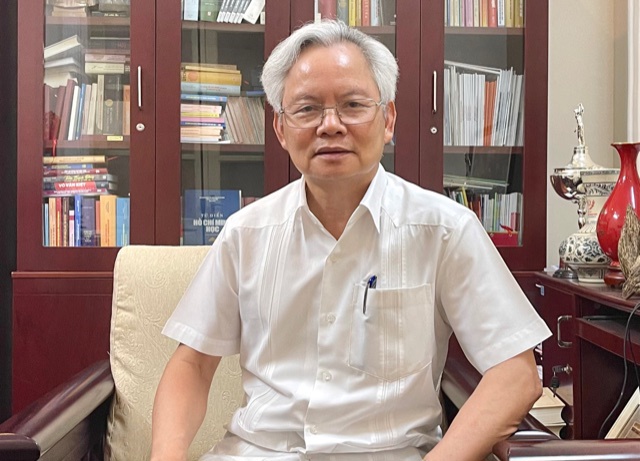
Inevitable rules
Building the Party on ethics and creating a culture of integrity is being implemented with many drastic solutions from the Central to Party committees at all levels. Through research, how do you evaluate this issue and the results achieved in recent times?
Prof. Dr. Ta Ngoc Tan : First of all, when talking about building the Party in terms of ethics and more specifically building a culture of integrity, we must recognize that this is an issue that comes from the nature of a revolutionary Party. The Communist Party is the vanguard of the working class, and at the same time represents the interests of all classes and the entire Vietnamese nation. When the Party is the vanguard, its members must become trustworthy, worthy of ethics and integrity, taking the interests of the people as the goal of their efforts, and taking the happiness of the people as the ultimate goal in their activities. Because in the end, the strength of the Party is the strength of the people's trust; if we want the people to trust us, cadres and Party members must be exemplary in ethics and integrity.
In fact, the issue of ethics and integrity of cadres and party members is not only being talked about now. Right from the founding of the Communist Party of Vietnam, President Ho Chi Minh talked about what a party member is. In the book “The Revolutionary Path”, Uncle Ho pointed out that party members must be exemplary, talented, and wholeheartedly strive for the revolutionary cause. In September 1949, President Ho Chi Minh visited and wrote on the first page of the Golden Book of Nguyen Ai Quoc Central School (now Ho Chi Minh National Academy of Politics) the teaching: “Study to work, to be a human being, to be a cadre. Study to serve the organization, the class, the people, the Fatherland and humanity. To achieve the goal, one must be diligent, frugal, honest, upright, impartial and selfless”. That is, Uncle Ho pointed out that cadres and party members who want to lead and direct the people to carry out the political tasks of the revolution must be diligent, frugal, honest, upright, impartial and selfless. Uncle Ho also explained this very clearly in many works, typically the book "Reforming the way of working" (1947) discussed in detail issues related to leadership, management, qualifications and working style of cadres and party members, urgent requirements of the Party, education of cadres and party members, issues related to the relationship between the Party and the people...
On the occasion of our Party's 39th birthday, February 3, 1969, he wrote the work "Improving revolutionary morality, wiping out individualism". Because according to Uncle Ho, we must wipe out individualism before improving revolutionary morality. When cadres fall into individualism, they will not be able to create trust among the people, and will not be able to lead the people.
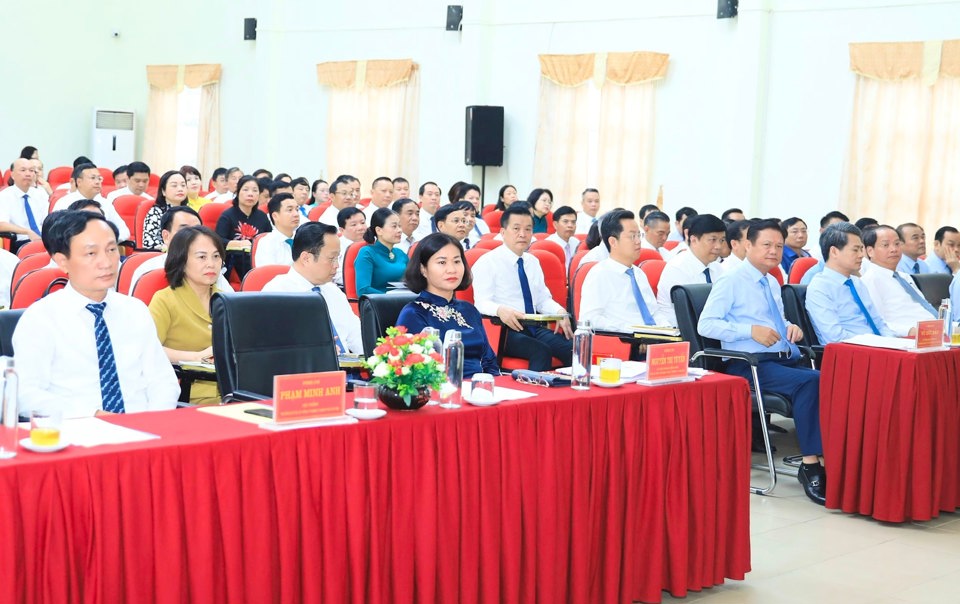
In that spirit, over the past 94 years, our Party has always been consistent and implemented the viewpoint that "morality is the root" of cadres and party members. There have been many documents and resolutions specifying this viewpoint, implementing it in Party building work in general and cadre work in particular. In particular, the Party continues to focus on handling cadres and party members who have degraded in ideology and morality, clearly demonstrated in the work of preventing and combating corruption and negativity in recent times, which has been carried out very methodically, in accordance with functions, tasks and cautiously, with no forbidden areas or exceptions, regardless of who they are.
Those who have degenerated or become corrupt, regardless of who they are, including current Politburo members, even those whose violations occurred long ago, regardless of their profession or educational level... who go against their oath to the Party, go against the interests of the people, the interests of the nation, care about their own interests and interest groups, cause loss of State money, violate the provisions of the law... will all be dealt with in the spirit of "no forbidden areas, no exceptions". This has demonstrated the Party's determination in its actions to strengthen people's trust in the Party, creating strength for the Party.
So, with Regulation No. 144-QD/TW of the Politburo dated May 9, 2024 on "revolutionary ethical standards of cadres and party members in the new period" being issued and implemented, it is a new breakthrough in Party building in terms of ethics and creating a culture of integrity, sir?
Prof. Dr. Ta Ngoc Tan : In my opinion, the promulgation of Regulation 144-QD/TW first of all represents a regular requirement in Party building and rectification, for cadres and Party members to cultivate, practice, and improve their ethics and style, raise awareness, and create a culture of integrity. At the same time, it is also an urgent requirement arising from practice. Because in each stage of the revolution, there are different practical conditions, different requirements, including changes in the scale of social values. We are currently building a socialist-oriented market economy, wealth is on the one hand a positive factor to improve people's lives, bringing greater potential to the country, but on the other hand it also contains challenges, creating opportunities and conditions for people to enrich themselves in many different ways.
In such conditions, the risk of corruption and waste will arise. In recent Congresses, the Party has recognized that the situation of corruption and waste is becoming more complicated. This has led to a series of cadres falling into political ideology, morality and lifestyle degradation. This requires even more urgent solutions to ensure the ethical standards of cadres and party members, to maintain and strengthen the people's trust in the Party.
As I have said, the birth of Regulation 144-QD/TW not only demonstrates the inevitability of the process of implementing urgent tasks in Party building and rectification, but also continues previous regulations related to the ethics, style, and lifestyle of cadres and party members. It is not only now that our Party has set forth standards and regulations on revolutionary ethics of cadres and party members, but this issue has been mentioned, clearly stated, and required to be implemented by cadres and party members of the Party very early, in many documents.
We are now entering a new stage of development of the country, setting new requirements, on the basis of inheriting the contents of existing regulations and conclusions, for the first time our Party has issued a specialized regulation on ethical standards of cadres and party members in the new period. As the name suggests, this is the "Regulation on revolutionary ethical standards of cadres and party members in the new period", so the content of the articles in the Regulation has both inherited and refined; at the same time, there are also supplements and developments to suit the requirements and demands of practice.
The content of the provisions in the Regulation is very clear, inheriting Ho Chi Minh's thought on revolutionary ethics and the Party's previous regulations on Party building and rectification in general and on Party cadre work in particular; but also stemming from urgent practical needs. In my opinion, this is a very important Regulation to strengthen the building of a contingent of cadres and Party members who truly become exemplary in lifestyle, ethics, and behavior at work and in relations with the people.

Comprehensive and persistent in implementation
As many opinions have stated, the root and most important thing is the awareness, responsibility and self-awareness of each cadre and party member in self-cultivation and training. In reality, there have been many examples of moral self-cultivation, clearly demonstrating the spirit of "the more polished the gem, the brighter it becomes", creating trust among the people. So, in your opinion, in order for Regulation 144-QD/TW to be effective, what issues need to be noted in its implementation?
Prof. Dr. Ta Ngoc Tan : To effectively implement the Party's regulations in general, especially those on ethical standards for cadres and party members such as Regulation 144-QD/TW, it is necessary to implement systematic, comprehensive and persistent solutions. These include educational measures, as well as strict and deterrent measures, and especially measures to prevent and guard against negative events, to create conditions for cadres and party members to not be able, not dare, not want and not need to commit wrongdoings, negative acts, corruption and waste.
In my opinion, first of all, each Party Committee and unit must concretize the 5 articles in the Regulation into strict contents, suitable to the characteristics of each field, each agency and unit; close to the work, tasks, relationships... of each position, so that each cadre and Party member can reflect and clearly understand what they need to cultivate and do. Next, there should be more mechanisms to strengthen regular inspection, supervision and evaluation; promptly detect, remind and deter violations from the moment they first appear.
Another solution that plays a very important role is the exemplary role of the leader, establishing strict discipline in the unit; having measures to consult, inspect, listen to people's opinions, promptly detect arising problems; gathering information through the official and unofficial monitoring system. But above all, the leader himself must set a special example, as stated in Article 5 of Regulation 144-QD/TW on "Being exemplary, modest, cultivating, training, and learning throughout life". Along with that, it is necessary to arouse the participation of the people in monitoring and inspecting in a very broad, substantial, and objective manner.
In my opinion, in the long run, education is very important, so that each cadre and party member is aware of being exemplary and honest as the nature and need of each person, which is the culture of lifestyle. This is very important, to do so, it is not only education in schools and courses but must be done regularly through many different channels, to form a lifestyle and way of thinking.
In addition, there must be solutions related to ensuring appropriate and worthy treatment for officials and civil servants. Along with that, the discipline of agencies and units must be strict and clear, not allowing cover-ups to occur, leading to loss of trust.
Currently, the fight against corruption still faces many difficulties and complications, which is a significant challenge to the creation of a culture of integrity. Therefore, Regulation 144-QD/TW is even more important. If each cadre, party member, head of agency or unit clearly understands and voluntarily implements all 5 contents of this Regulation, it will be an effective tool to prevent the degradation of political ideology, the erosion of moral qualities, embezzlement, corruption, waste, alienation from the masses, and the creation of a culture of integrity....
Currently, localities are preparing for Party Congresses at all levels, towards the 14th National Party Congress. Regulation 144-QD/TW is the "handbook" and the basis for Party committees and organizations at all levels to review, evaluate, and select cadres and Party members to include in the planning and personnel preparation for Party Congresses at all levels, sir?
Prof. Dr. Ta Ngoc Tan : Before each Congress, along with document drafting, personnel work always poses very important requirements, vital issues, extremely difficult and complicated. Because, no matter how strict the process is, it is only one of the factors ensuring necessary and sufficient requirements. In addition, there are many other factors, even factors that cannot be resolved by administrative measures.
Because this is choosing people associated with people's hearts, psychology, attitudes, consciousness... it is very difficult to grasp absolutely. Not to mention the external influences or special conditions that can cause people to change their perceptions, attitudes, views, behaviors, and lifestyles. Therefore, human resource work is extremely complicated and difficult, but still must be carried out very closely at all stages to ensure that wrong choices are minimized.
In my opinion, when the Party Congresses at all levels are about to take place, the work of cadres has been set with stricter requirements to prevent and not let into the new Party Committee those who are local, factional, opportunistic, corrupt, negative..., but the standards in Regulation 144-QD/TW still have a very important screening meaning, those who have blemishes should be considered and examined clearly. But to do that, we still have to return to listening to the people's opinions carefully, truly objectively, and from many perspectives to accurately evaluate cadres.
In fact, the cadres themselves are the image and direct representative of the Party to the People, so the seriousness in implementing ethical standards is of special importance. From there, select virtuous and talented cadres who meet the people's trust, to strengthen the Party's strength, improve its leadership and governing capacity, and successfully carry out the enormous tasks of national construction and development in the new era - the era of national development.
Thank you very much!
Source: https://kinhtedothi.vn/xay-dung-van-hoa-liem-chinh-buoc-dot-pha-trong-giai-doan-moi.html


![[Photo] Nhan Dan Newspaper announces the project "Love Vietnam so much"](https://vstatic.vietnam.vn/vietnam/resource/IMAGE/2025/4/17/362f882012d3432783fc92fab1b3e980)
![[Photo] General Secretary To Lam receives CEO of Warburg Pincus Investment Fund (USA)](https://vstatic.vietnam.vn/vietnam/resource/IMAGE/2025/4/18/7cf9375299164ea1a7ee9dcb4b04166a)
![[Photo] The beauty of Ho Chi Minh City - a modern "super city" after 50 years of liberation](https://vstatic.vietnam.vn/vietnam/resource/IMAGE/2025/4/18/81f27acd8889496990ec53efad1c5399)

![[Photo] Closing of the 4th Summit of the Partnership for Green Growth and the Global Goals](https://vstatic.vietnam.vn/vietnam/resource/IMAGE/2025/4/17/c0a0df9852c84e58be0a8b939189c85a)
![[Photo] National Assembly Chairman Tran Thanh Man meets with outstanding workers in the oil and gas industry](https://vstatic.vietnam.vn/vietnam/resource/IMAGE/2025/4/17/1d0de4026b75434ab34279624db7ee4a)


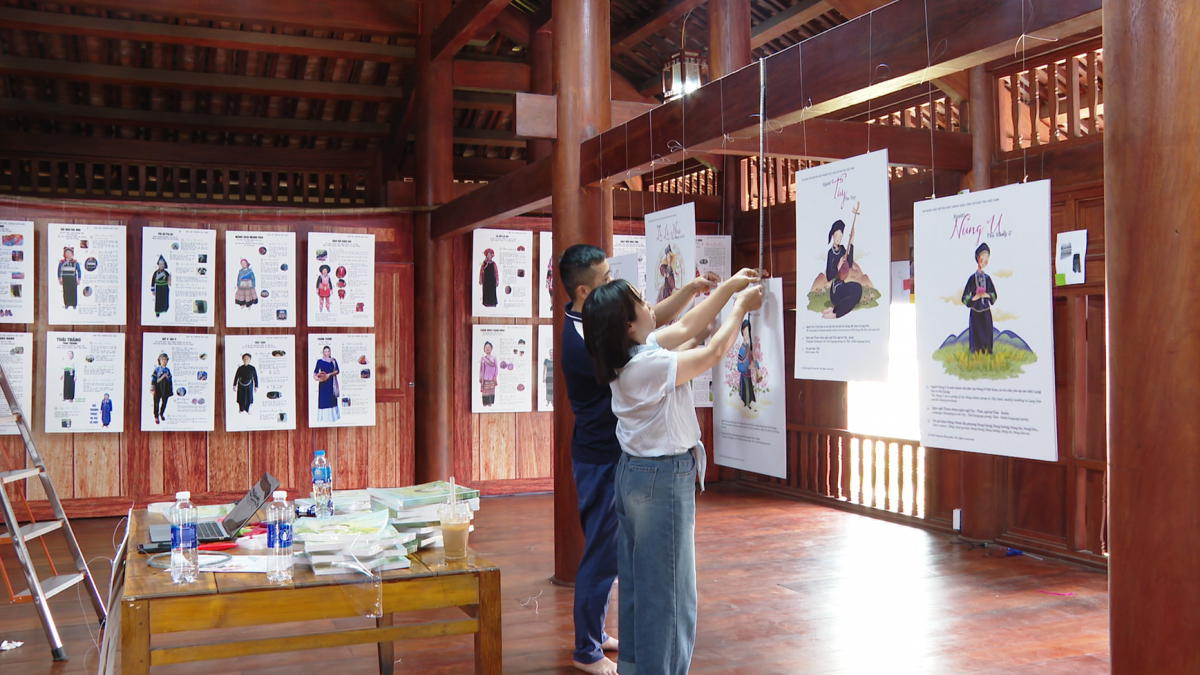



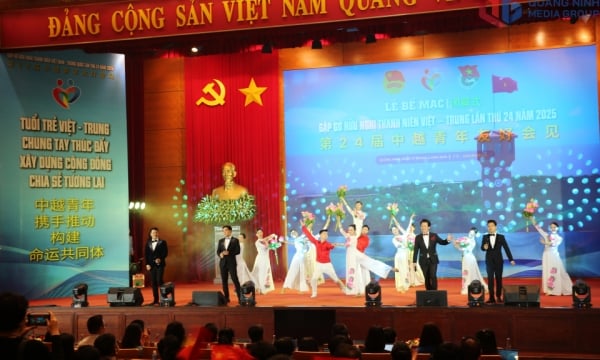
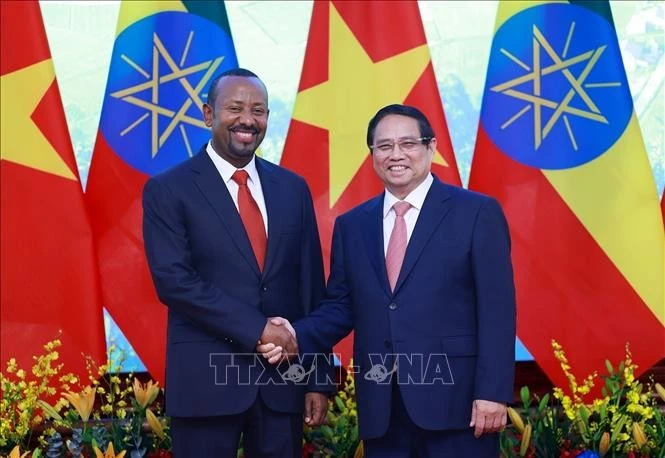
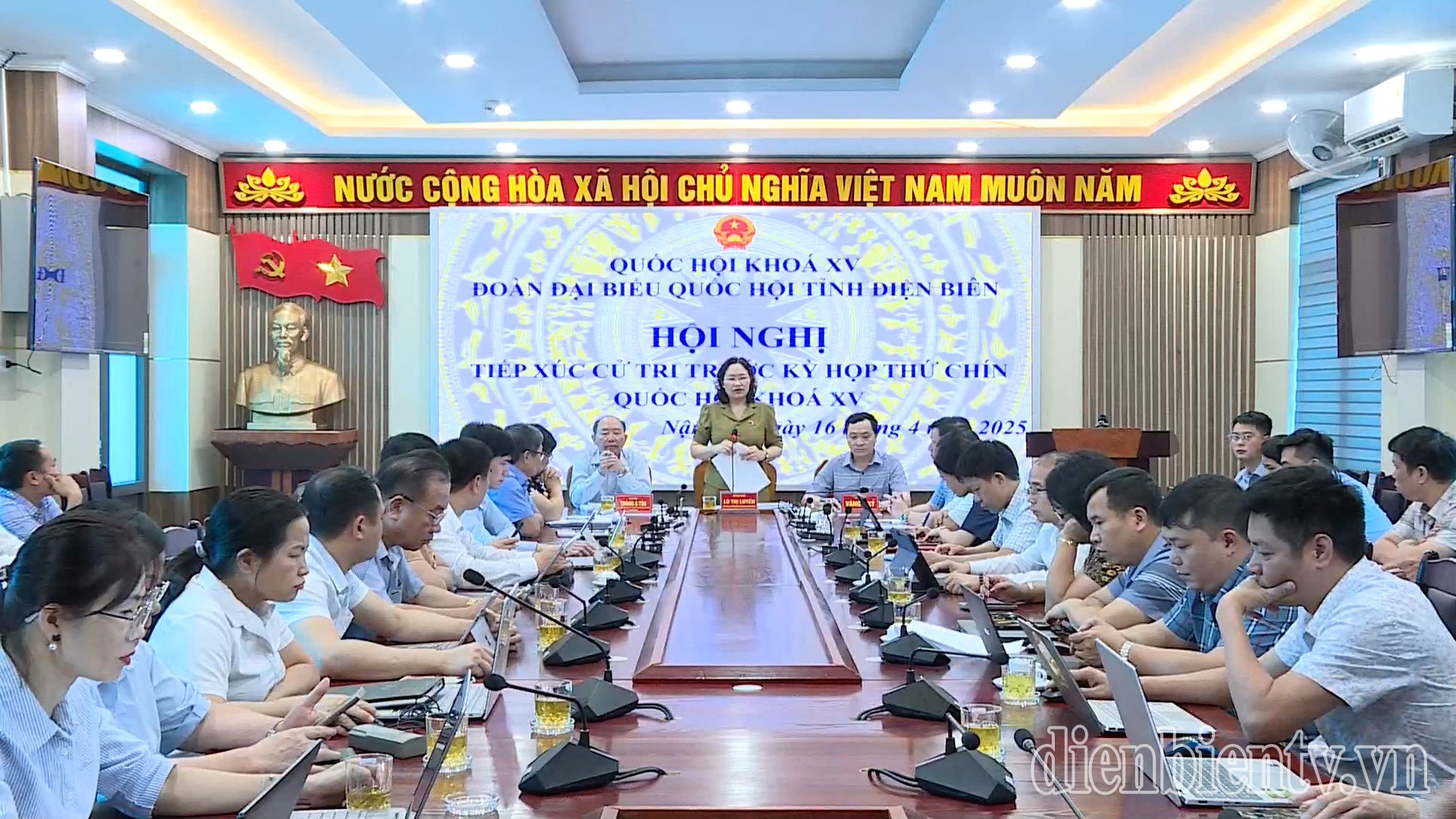



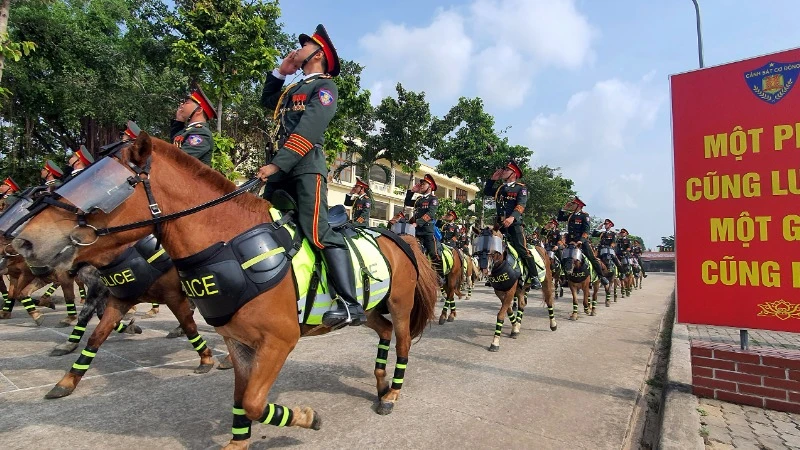

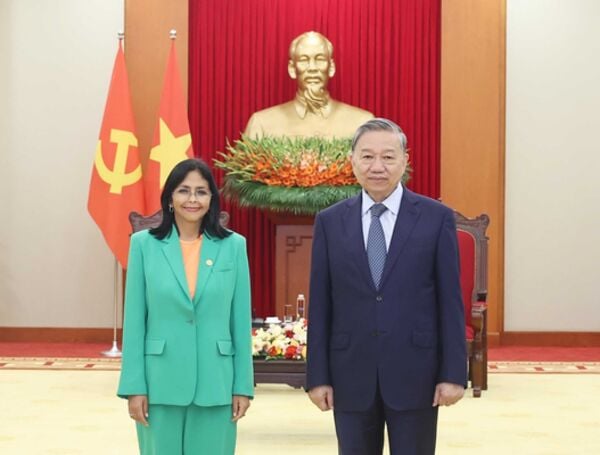






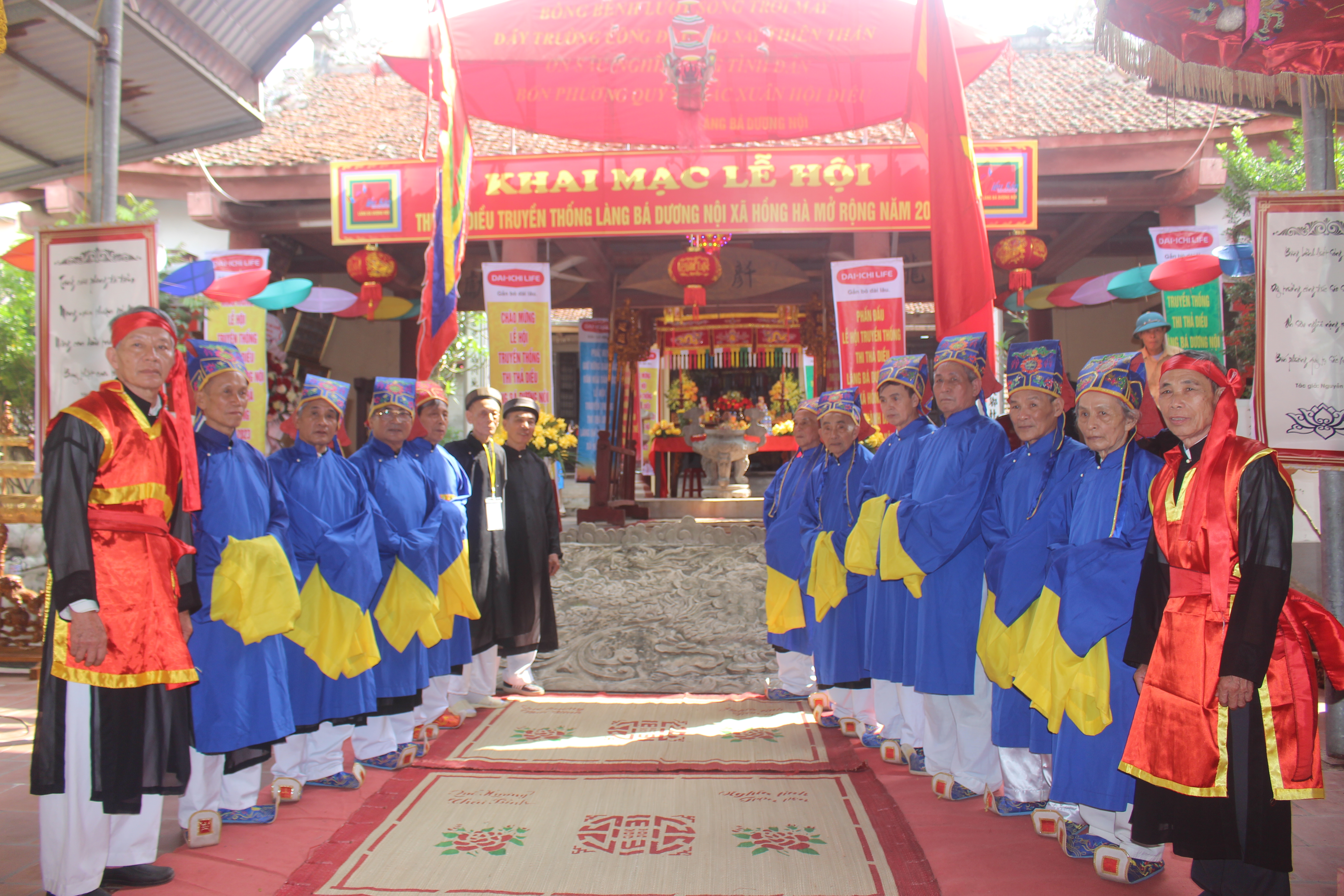

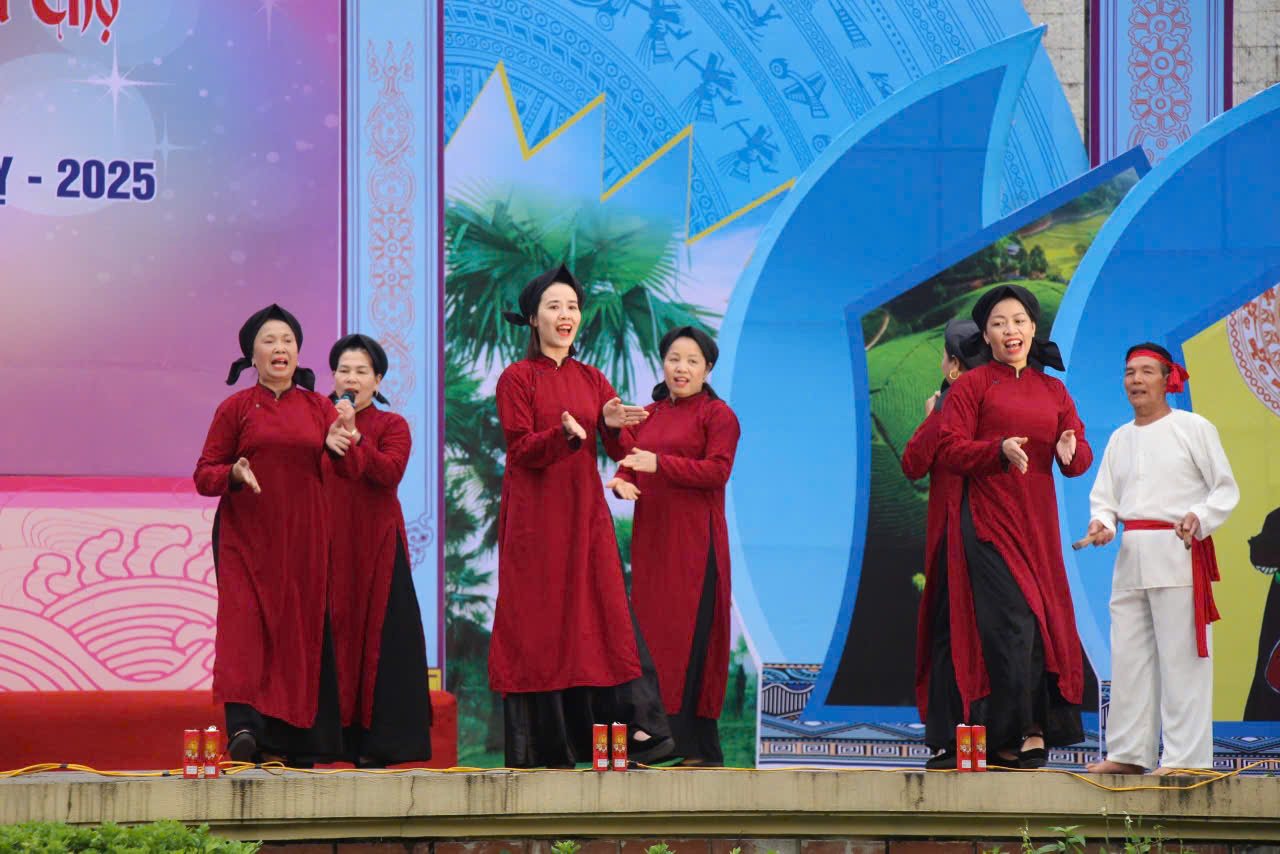

![[Photo] Promoting friendship, solidarity and cooperation between the armies and people of the two countries](https://vstatic.vietnam.vn/vietnam/resource/IMAGE/2025/4/17/0c4d087864f14092aed77252590b6bae)




























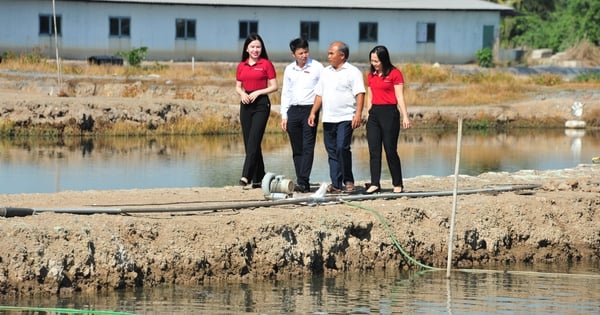

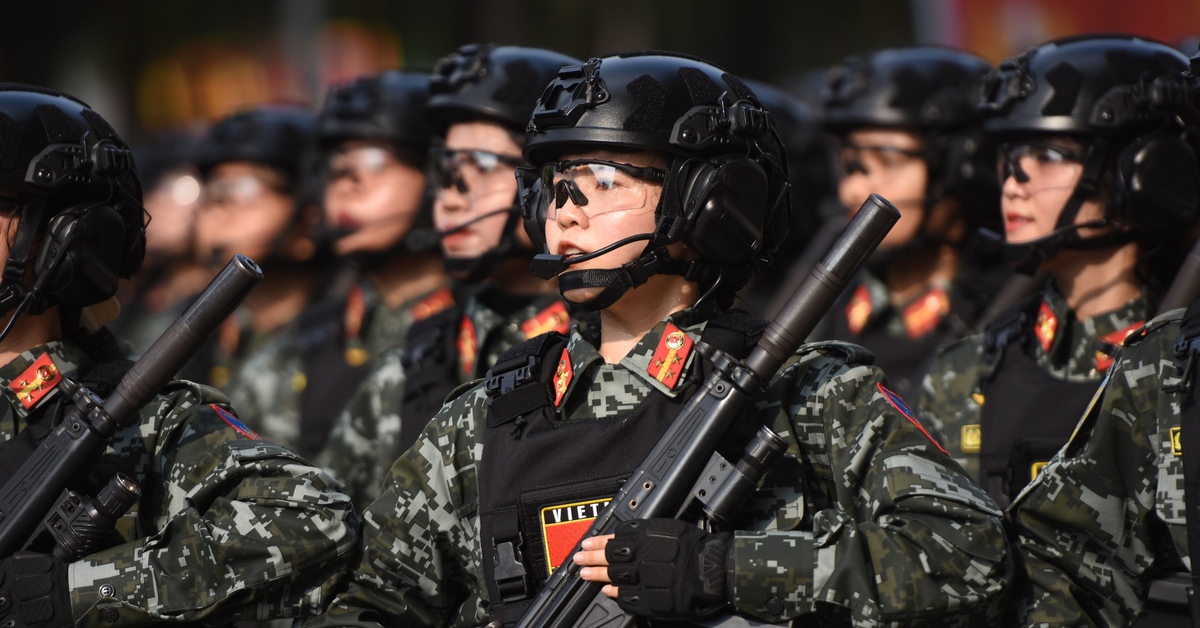



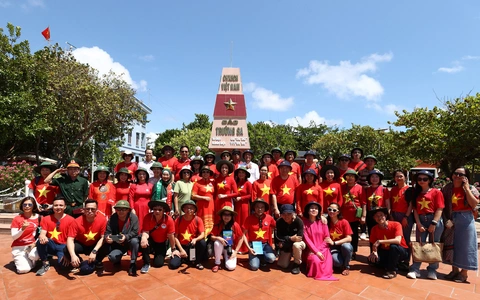

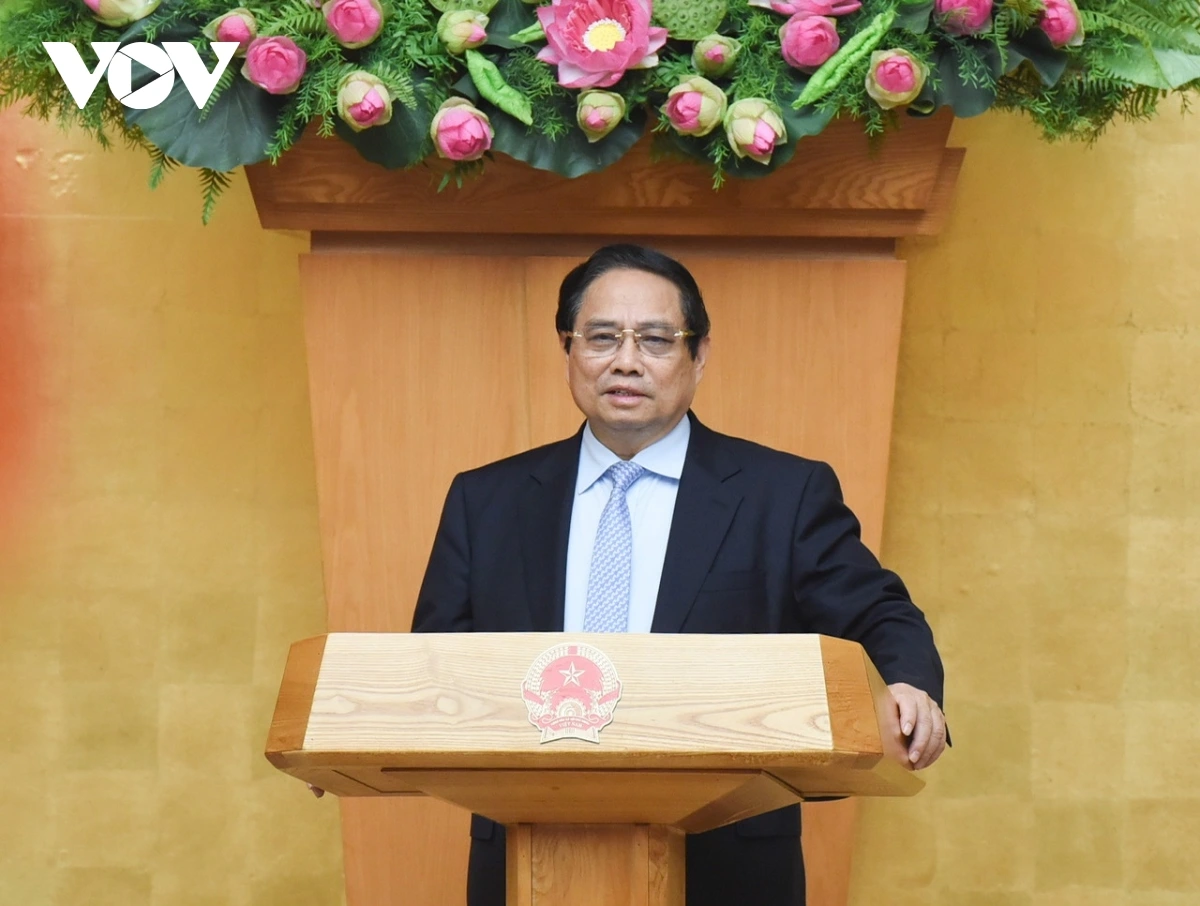


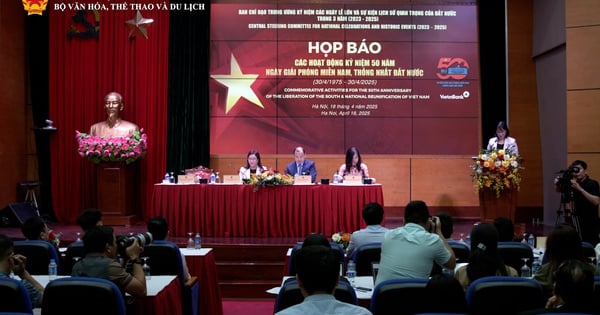

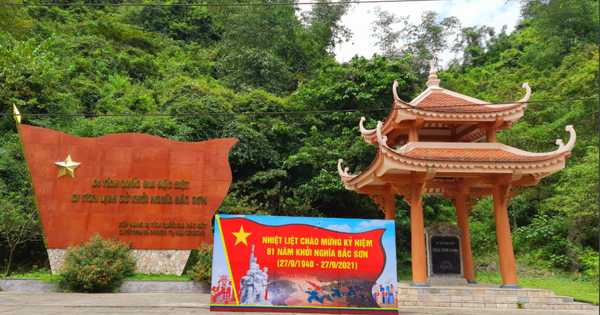
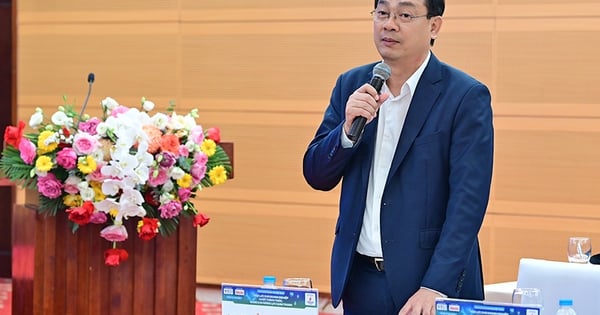
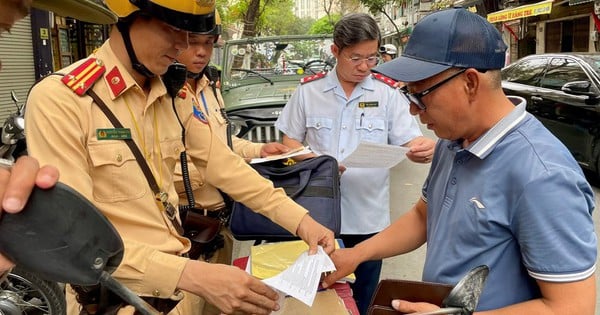

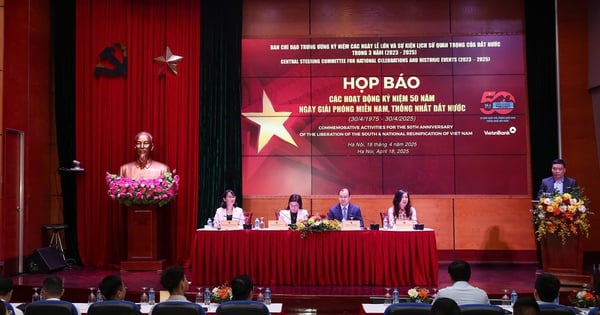
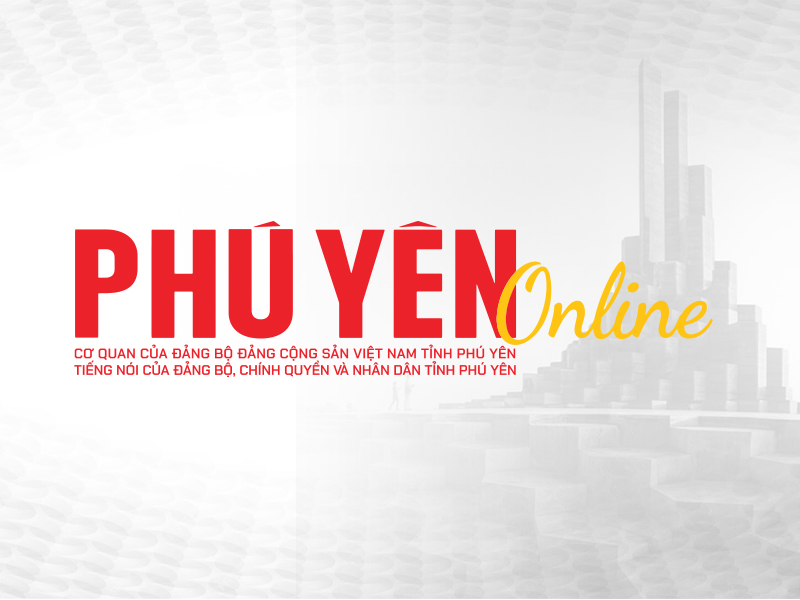






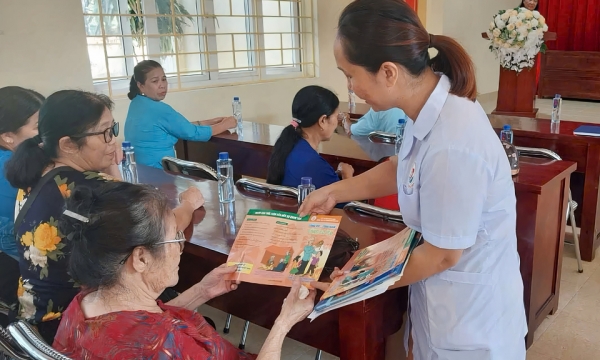













Comment (0)